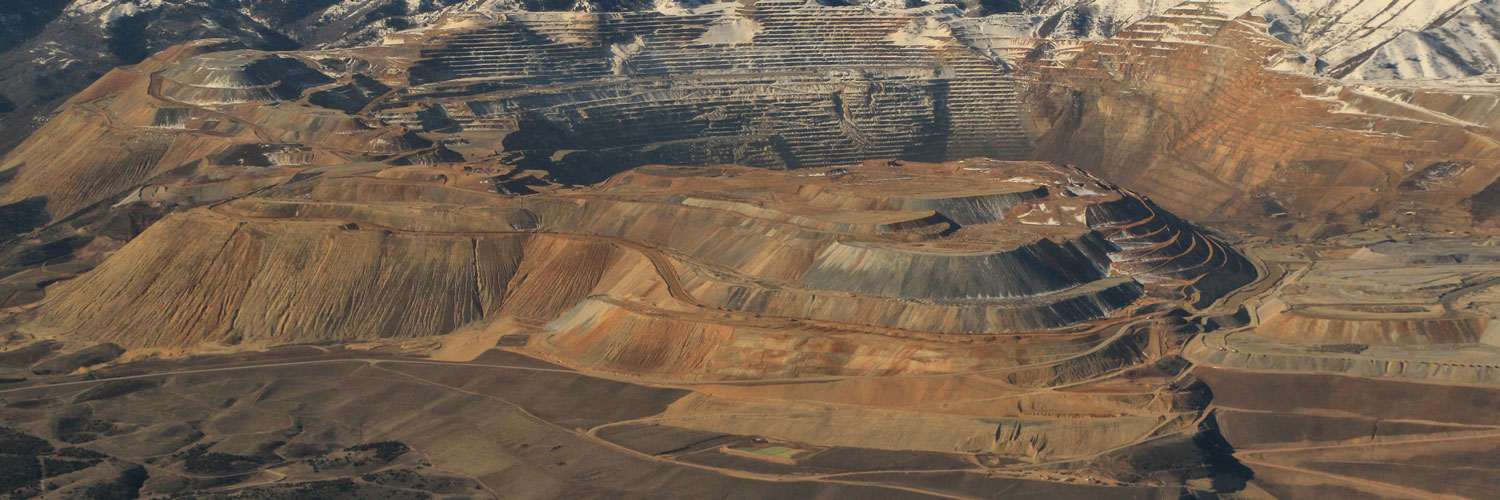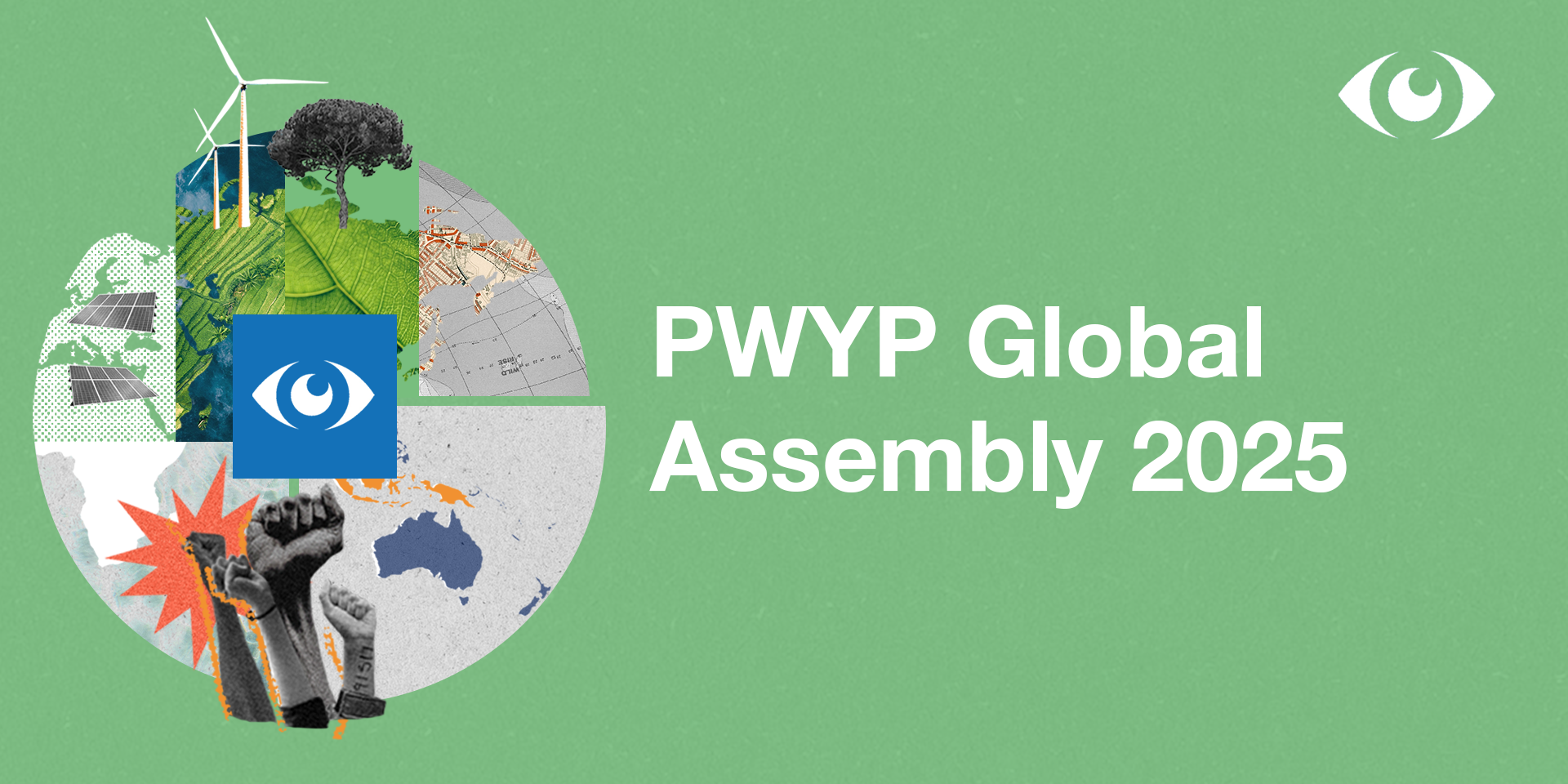PWYP is launching a new project in Mozambique, Tanzania and Uganda to promote transparency in tax flows from extraction and help people influence decisions on how revenues are spent
The extraction of oil, gas and minerals has huge potential to improve people’s lives. In resource-rich countries, the extractive sector can be an important source of government income, with potential to fund improvements to infrastructure and services such as health care and education. But often, these revenues don’t even reach the government, let alone the people, because of corruption, tax dodging or bad deals between governments and companies.
Resource-rich countries also risk more immediate costs of extraction, especially for communities living near oil, gas and mining projects. People often have to face environmental damage, such as pollution of water sources, and threats to their quality of life and livelihoods, due to loss of land or being forced to move.
At national level, a fair and transparent tax system for the extractive sector can help offset the resource curse. The large profits on offer can incentivise corruption and authoritarianism, but transparency is part of the solution to the problem of how governments can be held accountable for the tax revenues they collect.
Tackling hidden tax revenues
In response to the current opacity around deals for oil, gas and minerals, Publish What You Pay (PWYP) coalitions in Mozambique, Tanzania and Uganda, have launched a new project to campaign for transparency in the payment and expenditure of tax revenues from the extractive sector. “Promoting Equitable Tax Transparency” (PETT) aims to ensure that revenues from oil, gas and mining deliver sustainable improvements to people’s lives.
“Historically, Mozambique, Tanzania and Uganda are mining nations,” explains Nelly Busingye, PWYP’s Regional Coordinator for East and Southern Africa, “but all three have recently discovered significant oil and gas reserves. In a competitive industry, they must now avoid the risk of a ‘race to the bottom’, where each tries to attract companies by promising them a greater share of the profits. Otherwise there will be less to spend on essential public services, like education and health, to help people benefit from the sale of the country’s natural resources, now and for future generations.”
Using information to influence policy
The project aims to offset these risks by promoting the transparency needed to understand what tax rules apply to oil, gas and mining companies, and how these could be made fairer, as well as how much revenue governments are receiving and must be held accountable for. It will also promote local participation in deciding how money from oil, gas and mining is used to support services for those most in need.
The project takes a four-pronged approach, based on gathering information, influencing policy, enabling people to participate in decisions, and sharing findings and lessons to increase impact.
Activities will build civil society capacity to collect and use research information to influence decision-makers and promote tax policy reforms. Through coordinated advocacy by civil society and affected communities in each country and regionally, the project will press decision-makers for the changes needed to make tax systems fairer and more resistant to corruption.
Helping people take part in decisions
“Resource-rich countries face the question of how to distribute extractive revenues across different social groups,” says Rachael Chagonja, Project Coordinator in Tanzania. “To ensure these revenues benefit all people – rather than a select few – countries need strong mechanisms for investing them in sustainable economic activities. Our work will build communities’ engagement so they can influence better policies and decisions about how to spend extractive income.”
The project will focus particularly on people most affected by resource extraction, including women, who are often excluded from decision-making, it stresses the importance of sharing experiences and coordinating advocacy at regional level, to enable peer learning and reinforce voices from all three countries. But its design will also take into account each country’s individual needs.
In Uganda, for example, it will mostly target tax rules relating to the emerging oil and gas sector, with demands for revenues to be well managed and to fund sustainable projects. “Most of the revenues that Uganda’s government earns from oil and gas are from taxes,” says Robert Tumwesigye, the country’s Project Coordinator. “The Public Finance Management Act 2015 states that oil revenue should be used to finance government infrastructure and development projects, and not its ongoing expenditure. With this in mind, the project will advocate for proper and transparent use of oil and gas funds, to benefit all Uganda’s people.”
The project will also coordinate with other organisations and networks, to draw on their expertise and capacity. Its goals reinforce those of the Global Alliance for Tax Justice, and the project links well with the alliance’s Global Day of Action on #TaxJustice in the Extractives, held on 19 November. Like PWYP, the alliance seeks to build strong public support for fiscal transparency in the extractive sector.
Changing how taxes are spent
“By the end of 2020, we aim to have significantly raised awareness about the kind of natural-resource deals the government is getting on behalf of the people, and whether these are fair,” says Camilo Nhancale, Project Coordinator in Mozambique. “People will have more information about the tax rules that apply to extractive companies, and the revenue collected. We will be working with decision makers at national and regional levels, driving reforms to make the tax system more transparent. And we be building community involvement, including women, in decision making on revenue use in areas affected by extraction.
“Our goal is to ensure that people in all three countries get a good deal from mining, oil and gas projects – now and in the future.”











